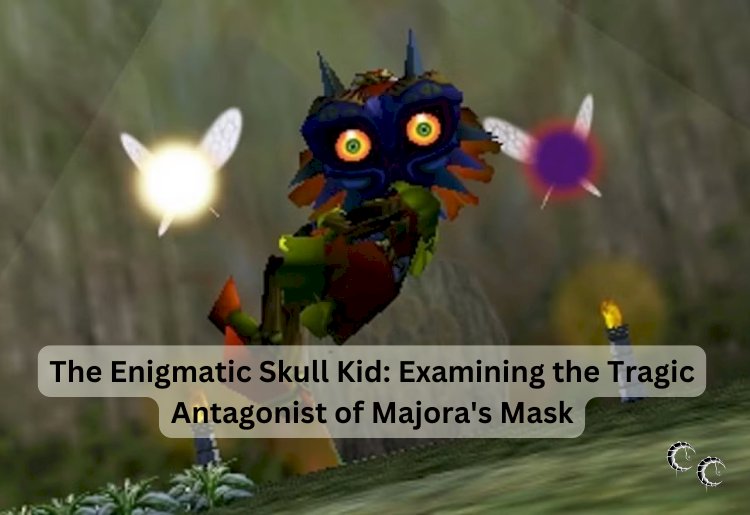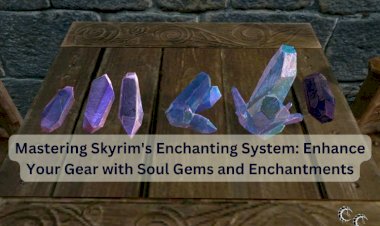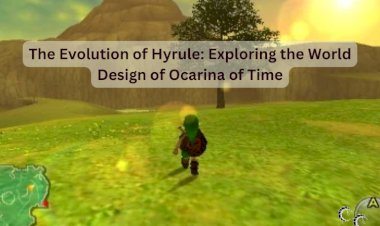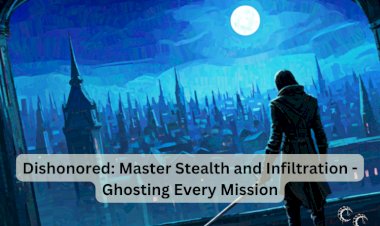The Enigmatic Skull Kid: Examining the Tragic Antagonist of Majora's Mask

In The Legend of Zelda: Majora's Mask, Skull Kid serves as both the antagonist and a deeply tragic figure whose story is interwoven with themes of loneliness, friendship, and redemption. A character with surprising emotional depth, Skull Kid's journey and motivations add layers of complexity to the game’s dark and poignant narrative.
A Lonely Mischief-Maker
Skull Kid is introduced as a playful but mischievous creature, familiar to players from his earlier appearance in Ocarina of Time. In Majora’s Mask, his antics escalate into something far more sinister under the influence of Majora’s Mask, a cursed artifact with its own malevolent will.
Skull Kid’s mischief stems from deep-seated loneliness. Rejected by others and abandoned by his closest friends, the Four Giants, his antics become cries for attention. His loneliness makes him vulnerable to the mask’s corrupting influence, turning harmless pranks into dangerous, world-threatening acts.
The Influence of Majora’s Mask
Majora’s Mask amplifies Skull Kid’s negative emotions, exploiting his grief and anger. Through the mask, Skull Kid gains immense power, which he uses to wreak havoc on Termina. He summons the moon to crash into the world, spreads chaos across the land, and creates dangerous dungeons filled with twisted enemies.
While the mask’s influence drives much of the destruction, the narrative subtly reminds players that Skull Kid is not inherently evil. He is a victim manipulated by the mask, which uses his pain and insecurities to achieve its destructive goals.
Themes of Friendship and Redemption
The game emphasizes the importance of friendship and forgiveness throughout its narrative, with Skull Kid at the center of these themes.
-
Tatle and Tael: The fairy siblings serve as both companions and moral anchors for Skull Kid. While their relationship becomes strained due to Skull Kid's actions, their love and loyalty remain evident, underscoring the potential for reconciliation.
-
The Four Giants: As Skull Kid’s former friends, the Giants represent a path to redemption. Their willingness to forgive him after he acknowledges his wrongdoings highlights the game’s hopeful message about the power of second chances.
A Symbol of Termina’s Woes
Skull Kid serves as a reflection of the game’s broader themes of grief and healing. Just as the people of Termina must confront their fears and losses, Skull Kid’s journey mirrors this process on a personal level. His story is a reminder that even those who cause harm may be suffering themselves and can find redemption through understanding and compassion.
Conclusion
Skull Kid is one of the most memorable characters in the Legend of Zelda series, embodying the emotional depth that makes Majora’s Mask stand out. His tragic backstory, combined with his role as an unwitting antagonist, transforms him into a multi-dimensional figure. By the end of the game, players are left not with hatred for Skull Kid but with sympathy and hope, a testament to the powerful storytelling at the heart of Majora’s Mask.






























